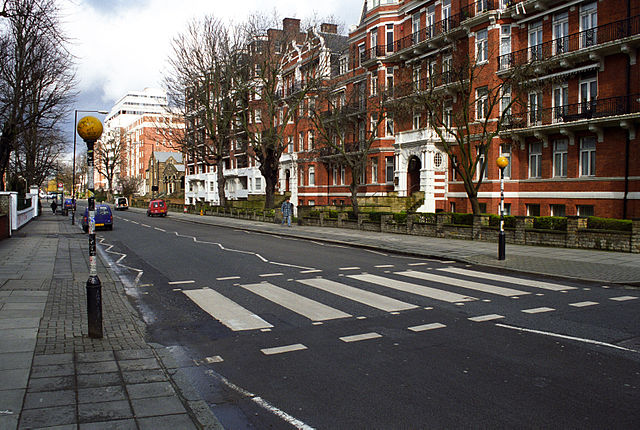Difference Between Cognition and Perception
Cognition vs Perception
Is there a difference between cognition and perception or do they mean the same? Let us find out the answer to it in this way. We live in a world of information. Wherever we go, we are bombarded with all sorts of information. However, in daily life , we all have the ability to pick and choose the needed information for our chores. Perception is the process, which allows us to use our sense to make sense of the information around us through organization, identification, and interpretation. We even go to a higher degree of using this information and responding to the environment. Cognition, on the other hand, is a bit different to perception. It includes a number of mental processes such as attention, memory, reasoning, problem solving , etc. Perception can be defined as a cognitive skill or ability, which assists in enhancing the quality of cognitive abilities. This article attempts to present a broad understanding of the two terms while elucidating the difference.
What does Cognition mean?
Cognition can simply be defined as the mental processes which assist us to remember, think, know, judge, solve problems, etc. It basically assists an individual to understand the world around him or her and to gain knowledge. All human actions are a result of cognitive procedures. These cognitive abilities can range from being very simple to extremely complex in nature. Cognition can include both conscious and also unconscious processes. Attention, memory, visual and spatial processing, motor, perception are some of the mental processes. This highlights that perception can also be considered as one such cognitive ability. In many disciplines, cognition is an area of interest for academics as well as scientists. This is mainly because the capacities and functions of the cognition are rather vast and applies to many fields.
What does Perception mean?
Perception is the process by which we interpret the things around us through sensory stimuli. This can be through sight, sound, taste, smell, and touch. When we receive sensory information, we not only identify it but also respond to the environment accordingly. In daily life, we rely greatly on this sensory information for even the minute tasks. Let us understand this through an example. Before crossing the road from a pedestrian crossing, we usually tend to look both ways before crossing the road. In such as instance, it is the sensory information gained through sight and sound that gives the signal for us to cross the road. This can be considered an instance where people respond to the environment according to the received information. This highlights that perception can be considered as an essential cognitive skill, which allows people to function effectively. This skill or ability does not require much effort from the side of the individual as it is one of the simplest processes of cognition.

What is the difference between Cognition and Perception?
• Cognition includes a number of mental processes such as attention, memory, reasoning, problem solving ,etc.
• Perception is the process that allows us to use our sense to make sense of the information around us through organization, identification and interpretation.
• The main difference is that while cognition encompasses a variety of skills and processes, Perception can be defined as one such cognitive skill or ability which assists in enhancing the quality of cognitive abilities.
Images Courtesy:
ncG1vNJzZmivp6x7pbXFn5yrnZ6YsqOx07CcnqZemLyue8OinZ%2Bdopq7pLGMm5ytr5Wau26vzqCloqyZpLturc2dZK%2BrXaWys6%2FEqauip55k